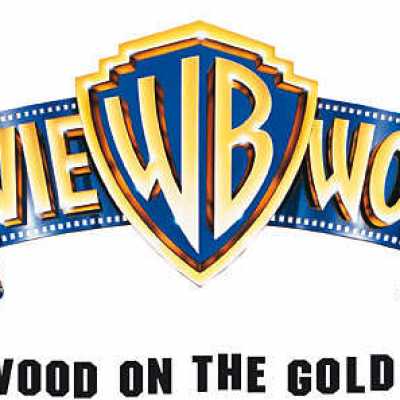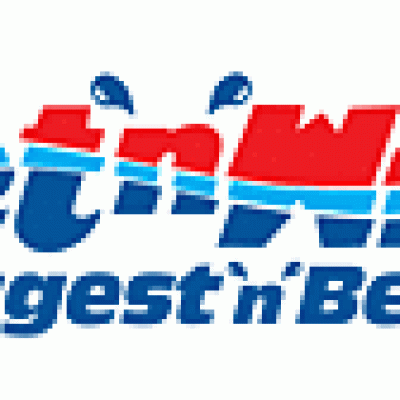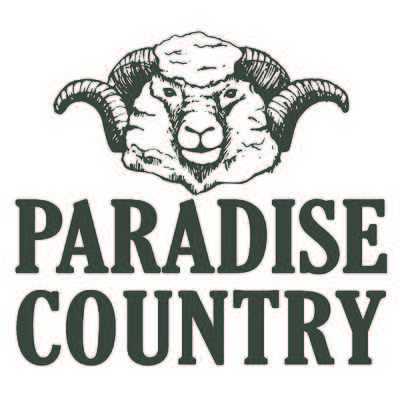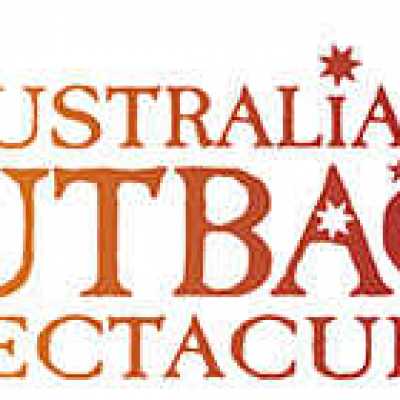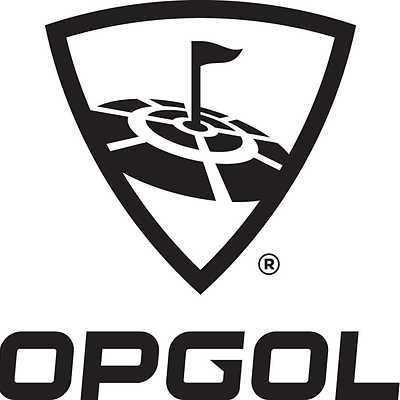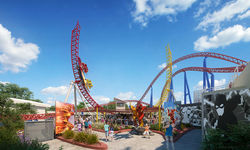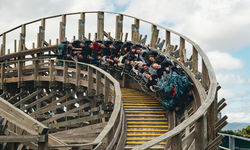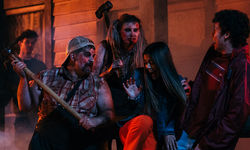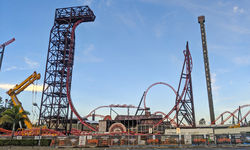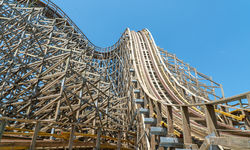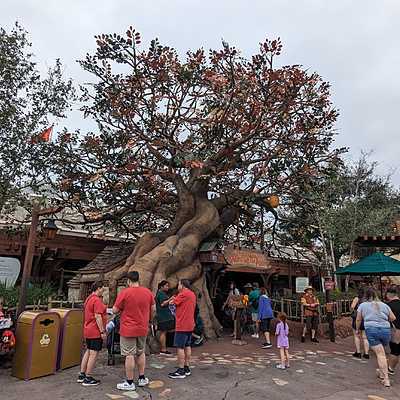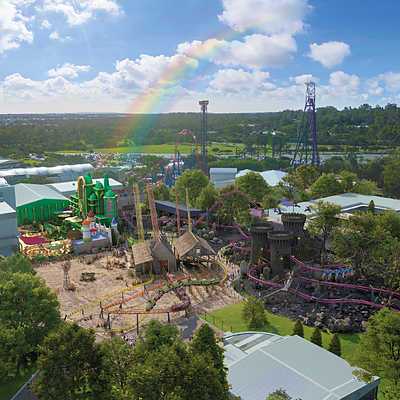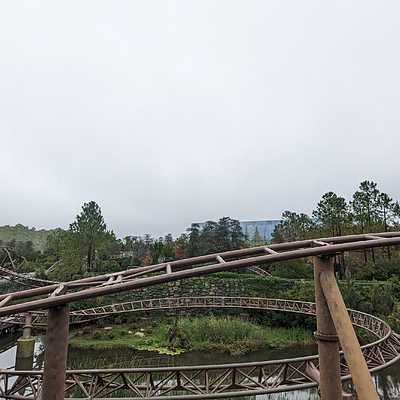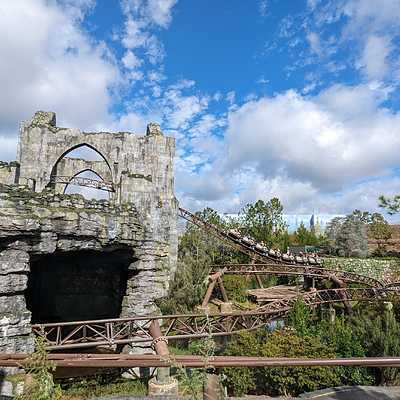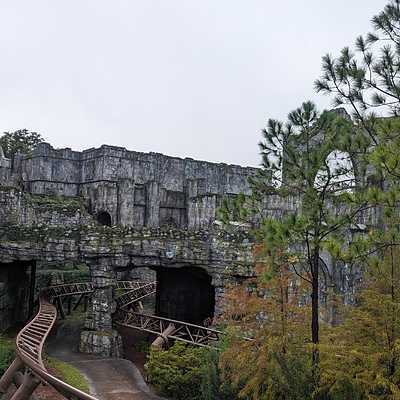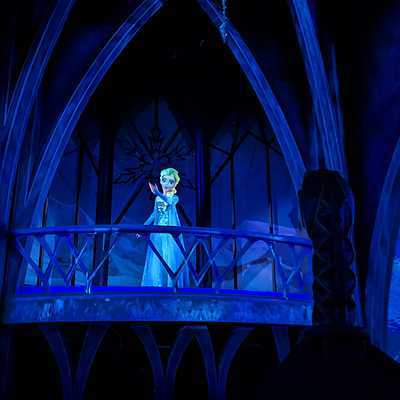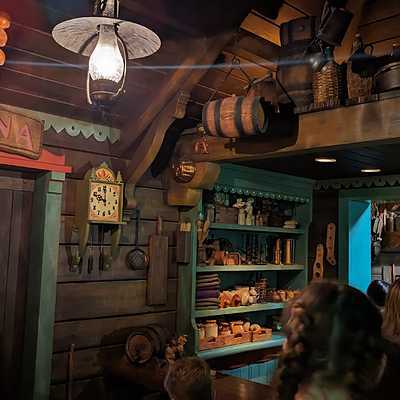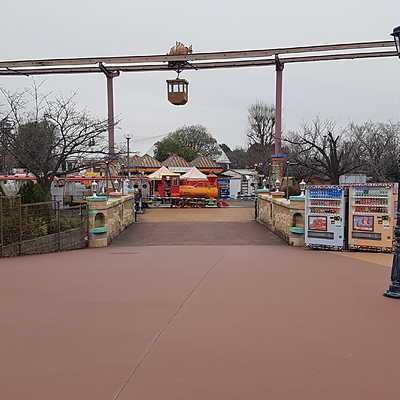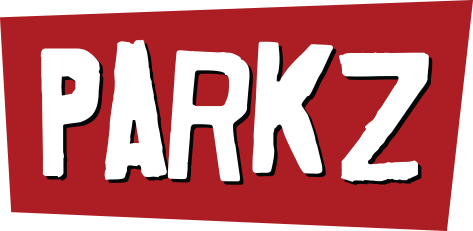What Village Roadshow's land sale will mean for their Gold Coast theme parks
Warner Bros. Movie World and Wet'n'Wild are staying put for decades to come in a newly announced plan to sell the land that the theme parks are located on and lease it back.
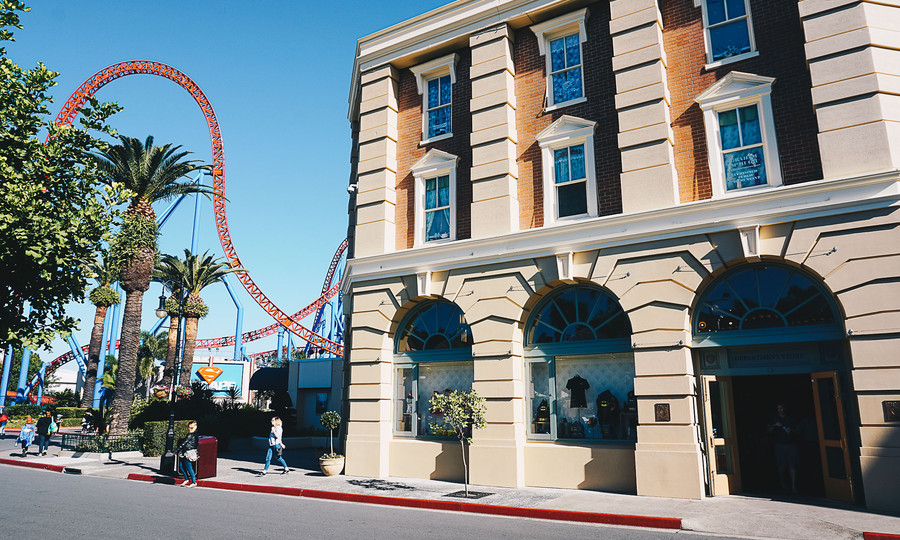
Misleading headlines, clickbait and general misinformation surrounds the news that Village Roadshow plans to sell their Gold Coast theme park land.
Amid this sensationalism it's time to take a step back, a deep breath and look at what exactly this deal means for Village, their theme parks and the millions that visit each year.
What is the deal?
The land being sold is the company's Oxenford site that is home to Warner Bros. Movie World, Wet'n'Wild Gold Coast, Australian Outback Spectacular, Paradise Country. In mid-2018 Topgolf Gold Coast will open at the site and there are plans underway to build a nine-storey hotel and a surrounding entertainment precinct.
The site is also home to the Village Roadshow Studios film production facilities.
They are expecting a price of around $100 million for the land. In exchange, Village will lease the land for a fixed 30 year term starting at $6.2 million from 1 January 2018 and increasing by 3 per cent per annum.
After 30 years they will have six options to renew the lease on 10 year terms, meaning they have the site secured for as long as 90 years.
Who will own and operate the theme parks?
It's business as usual. Village will still own the theme parks, just not the land they are built on. The company's theme park division Village Roadshow Theme Parks will remain the operator and continue to manage and develop the theme parks as they always have.
Does it affect Sea World?
No, Sea World's land is a 99-year Crown Lease that will see them through until at least 2057.
Needless to say, it doesn't affect any of VRTP's other properties like Raging Waters Sydney and Wet'n'Wild Las Vegas.
Who will buy the land?
John Marasco of Colliers International who are overseeing the sale says: "We expect interest from institutions, trusts and high net worth individuals worldwide."
The investor who purchases the land will have no ostensible role or visibility in the ongoing operation of the theme parks, studios and other Village businesses located on the site.
Does this deal mean more (or fewer) roller coasters?
Clark Kirby, CEO of Village Roadshow Theme Parks said of the deal: "This sale and leaseback will unlock the value in these land assets, allowing VRL to pay down debt and free up capital for growth initiatives such as Topgolf."
Roller coasters like the soon-to-open DC Rivals HyperCoaster – and indeed all theme park attractions – are built because investors believe they will generate a strong return. The investment in any new attraction needs to have tangible benefits to Village Roadshow shareholders.
While this $100 million won't mean three more $30 million roller coasters like Rivals overnight, the reduced debt level gives flexibility for the company to pursue investment and growth oportunities across Village businesses that includes theme parks, cinemas, film distribution and production.
Some of these opportunities will certainly be in theme parks, given it is one of the largest and most consistently profitable divisions of Village.
What's in it for the buyer?
The prospective buyer of the land gets two things out of this deal. The first is a large chunk of real estate on the Gold Coast that will grow in value as development on the Gold Coast continues. Though they can't use this land for development themselves, they can leverage its increasing value for other investments.
The second thing they get is a guaranteed tenant for many decades that generates a reliable 6 per cent return. It's a low-risk, long-term investment.
Isn't selling the land short-sighted?
The deal is a long-term leaseback – up to 90 years – at a fixed rate and with terms that likely grants Village complete autonomy. As a result Village Roadshow will guarantee themselves stability for many decades to come.
The basic business case for the sale is that this $100 million has the potential to generate better returns by freeing up debt and reducing interest, thereby enabling the company to invest in other opportunities. $100 million invested by Village Roadshow with a relatively conservative 6 per cent annual growth would yield $542 million after 30 years against a total rent cost in this period of $295 million.
Village Roadshow will no longer have the capital value of that land to leverage, so the company is banking on generating high enough returns from other opportunities to cover the loss of this asset.
The sale is an indication from Village Roadshow that they are in the business of entertainment, not real estate. It won't have any noticeable impact on the day to day or long-term operations of the theme parks at Oxenford.
Featured in this article
Recent articles
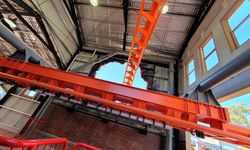
Now trending

